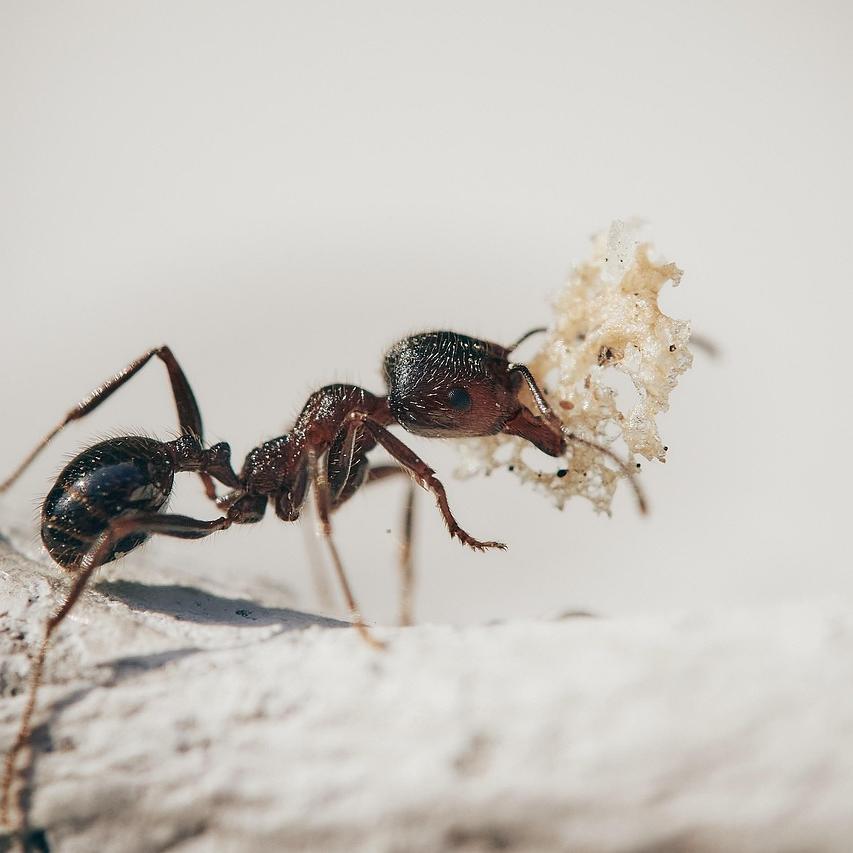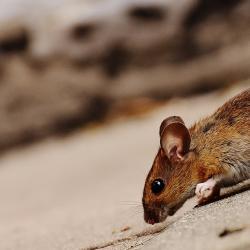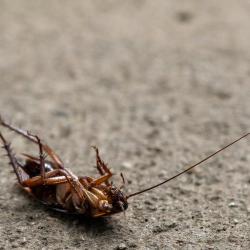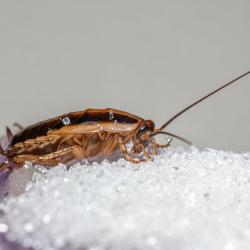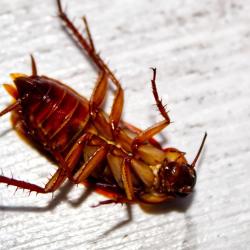How to Prevent Ants from Invading Your Kitchen
Ah, spring and summer – seasons brimming with sunshine, outdoor activities, and unfortunately, ants. These tiny invaders often find their way into our kitchens, drawn by the allure of food and crumbs. While ants may be a formidable foe due to their small size and large numbers, a few strategic actions can help keep your kitchen ant-free. Read on to learn how to prevent ants from making themselves at home in your cooking space.
1. Maintain Spotless Cleanliness:
Ants are most attracted to food particles left in the open. Ensuring your kitchen is clean and crumb-free is the first step in preventing an ant invasion.
- Wipe Down Surfaces: Regularly clean countertops, dining tables, and shelves with a damp cloth and an appropriate cleaner to remove any traces of food or sugary substances.
- Sweep and Mop Floors: Make it a habit to sweep and mop kitchen floors daily. Pay special attention to hard-to-reach areas where crumbs might accumulate.
- Manage Trash Properly: Use bins with tight-fitting lids and ensure the trash is taken out frequently to prevent odors and food remnants from attracting ants.
2. Store Food Securely:
Ants are relentless in their search for food, so storing your groceries correctly is crucial.
- Airtight Containers: Use airtight containers to store cereals, grains, and snacks. This prevents ants from sniffing out their favorite treats.
- Refrigerate Perishables: Store fruits and any other perishable items in the refrigerator to deny ants access to them.
3. Eliminate Entry Points:
Ants can slip through even the tiniest cracks, so sealing potential entry routes is vital.
- Inspect for Crevices: Examine windows, doors, and foundations for cracks or holes. Seal them with caulk or weatherstripping as needed.
- Install Door Sweeps: Use door sweeps on external doors to prevent ants from sneaking under them.
- Screen Windows: Repair or install window screens to block ants from entering through open windows.
4. Natural Deterrents:
Several natural substances can deter ants due to their strong scents.
- Vinegar Solution: Mix equal parts of vinegar and water in a spray bottle. Spray it around entry points and along ant trails. The strong scent of vinegar disrupts the pheromone trails ants use to navigate.
- Essential Oils: Oils such as peppermint, tea tree, and eucalyptus can be used as natural repellents. Mix a few drops with water and spray the solution near windowsills and doorways.
- Chalk and Talcum Powder: Draw chalk lines or sprinkle talcum powder around entry points and along ant paths. The powder interferes with their scent trails, deterring them from crossing.
5. Maintain Outdoor Areas:
Ants often originate from outdoor nests near your home. Keeping your yard in check can prevent them from entering.
- Trim Vegetation: Ensure no branches or shrubs are directly touching your house, allowing ants a bridge to enter.
- Clear Debris: Remove leaves, logs, and other debris close to your home that may house ant colonies.
- Inspect Outdoor Items: Before bringing in outdoor furniture or toys, check them for ants hitching a ride into your kitchen.
6. Monitor and Act Quickly:
Regularly inspect your kitchen for any signs of ants. If you identify a few, act swiftly to prevent a larger infestation.
- Lay Traps: Use bait stations or traps to eliminate scouts before they can report back to the colony.
- Professional Help: Should the infestation become unmanageable, don't hesitate to contact pest control professionals.
By maintaining cleanliness, securing entry points, and using natural repellents, you can keep your kitchen ant-free and enjoy a peaceful, bug-free culinary environment. Remember, the key is vigilance and consistency – making your kitchen a no-go zone for ants is entirely achievable!
